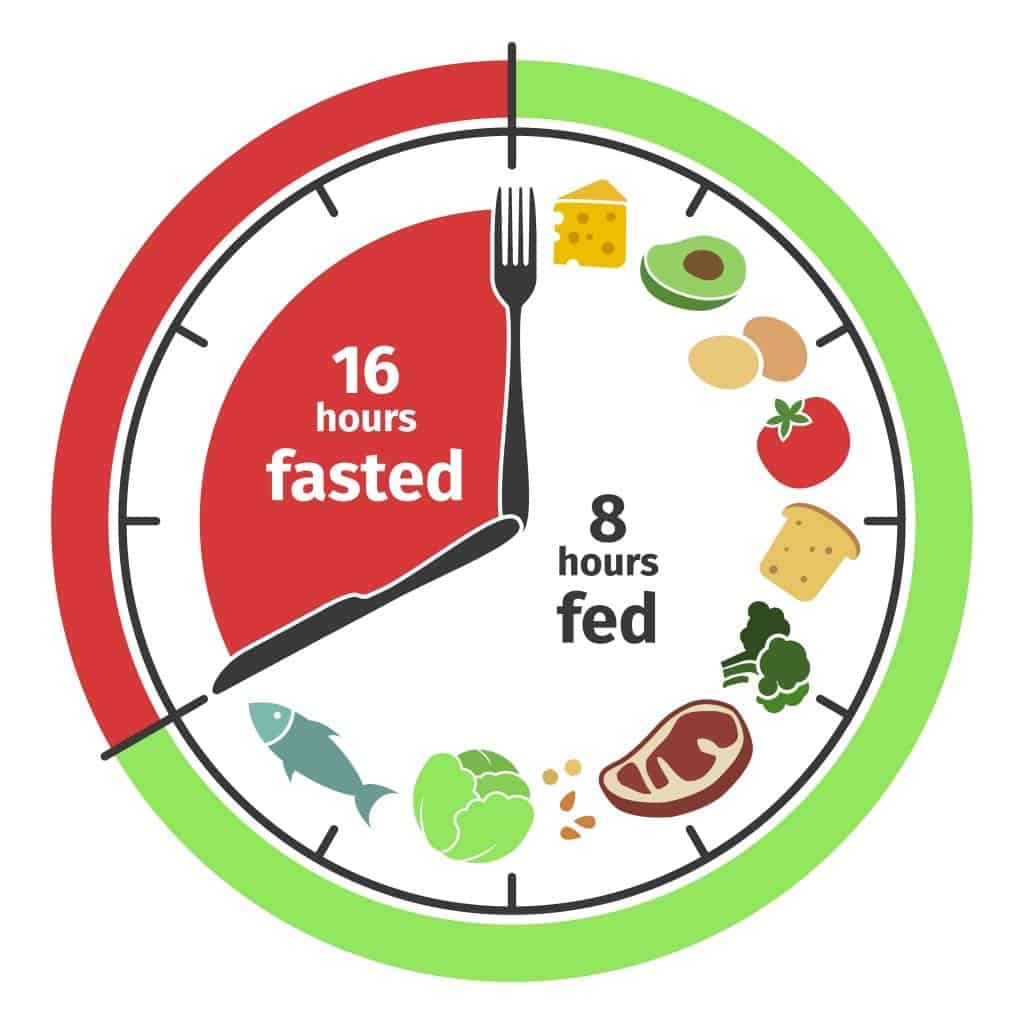CT- scan and MRI centers in Kathmandu
6 November, 2020CT- scan and MRI centers in Kathmandu...
Read More
Intermittent fasting (IF) is a way to cycle between periods of fasting and eating. It is one of the methods of losing weight and staying healthy that has been gaining a lot of popularity in recent days. It might provide huge benefit if done right, including weight loss, protection/reversal of type 2 diabetes mellitus and improvement in overall health of an individual.
There are many different ways of practicing intermittent fasting. Some of which are explained below:
This method is the simplest and most preferable because it is the easiest to stick to. It involves skipping breakfast and eating only for about 8 hours per day and fasting for 16 hours. For example: first meal of the day at 8am and last meal should be at 4pm with snacks in between, after that you fast for those 16 hours in between.
It involves fasting for complete 24 hours once or twice a week and eating usual meals on rest of the days.
This method is the one where you count your calories and at about 500-600 calories only on two non-consecutive days of the week and usual meals on rest 5 days. For example: Sunday and Wednesday would be your 500-600 calories day and rest of the days you could eat your usual diet.
In this method you would be fasting every other day that means going to bed hungry several times per week which is not something that people get used to easily. So this method is not preferable for beginners.
As fascinating as the name sounds, this method involves eating small amounts of raw fruits and vegetables during the day and feasting with a huge meal at night.
This method involves skipping meals whenever it is convenient for you or whenever you are not feeling hungry but eating healthy portions of food at other times.

Image source: themeadowglade.com
Promotes weight loss: It increases fat burning by cutting off the steady supply of glucose because of which body is forced to use glycogen as a source of energy and after glycogen stores are depleted, fats are used up as a source of energy.
Regulates blood glucose level: Studies have shown that intermittent fasting helps regulate blood glucose well by preventing sudden spikes and falls in your sugar level. It also improves response of cells to insulin and causes improvement in insulin action, hence protective against type 2 Diabetes mellitus.
Keeps heart healthy: decreases the levels of LDL and triglycerides (bad cholesterol) and increases HDL levels (good cholesterol) as shown in some studies.
Reduces inflammation: A study published in Nutrition Research followed 50 individuals observing Ramadan and showed that they had decreased levels of some inflammatory markers during Ramadan fasting. Another study in 2015 found that a longer duration of nighttime fasting was associated with a decrease in markers of inflammation. In the journal Rejuvenation Research, alternate-day fasting helped reduce markers of oxidative stress. While more research is needed, these studies provide promising evidence showing that IF may help reduce inflammation and fight off chronic diseases.
Protects brain: animal studies have found that IF helps enhance cognitive function and protects against changes in memory and learning function. In addition to that, anti-inflammatory effects of IF helps slow progression of neurodegenerative disorders such as Alzheimer’s disease.
Contact your doctor before starting intermittent fasting if you have conditions such as:
Intermittent fast is a relatively safer and less demanding way of weight loss and improving overall health. You don’t need any specialized meal plans. Thing to keep in mind is that during eating period you should not compensate for period of fasting by eating more than the usual amount.
Leave a comment